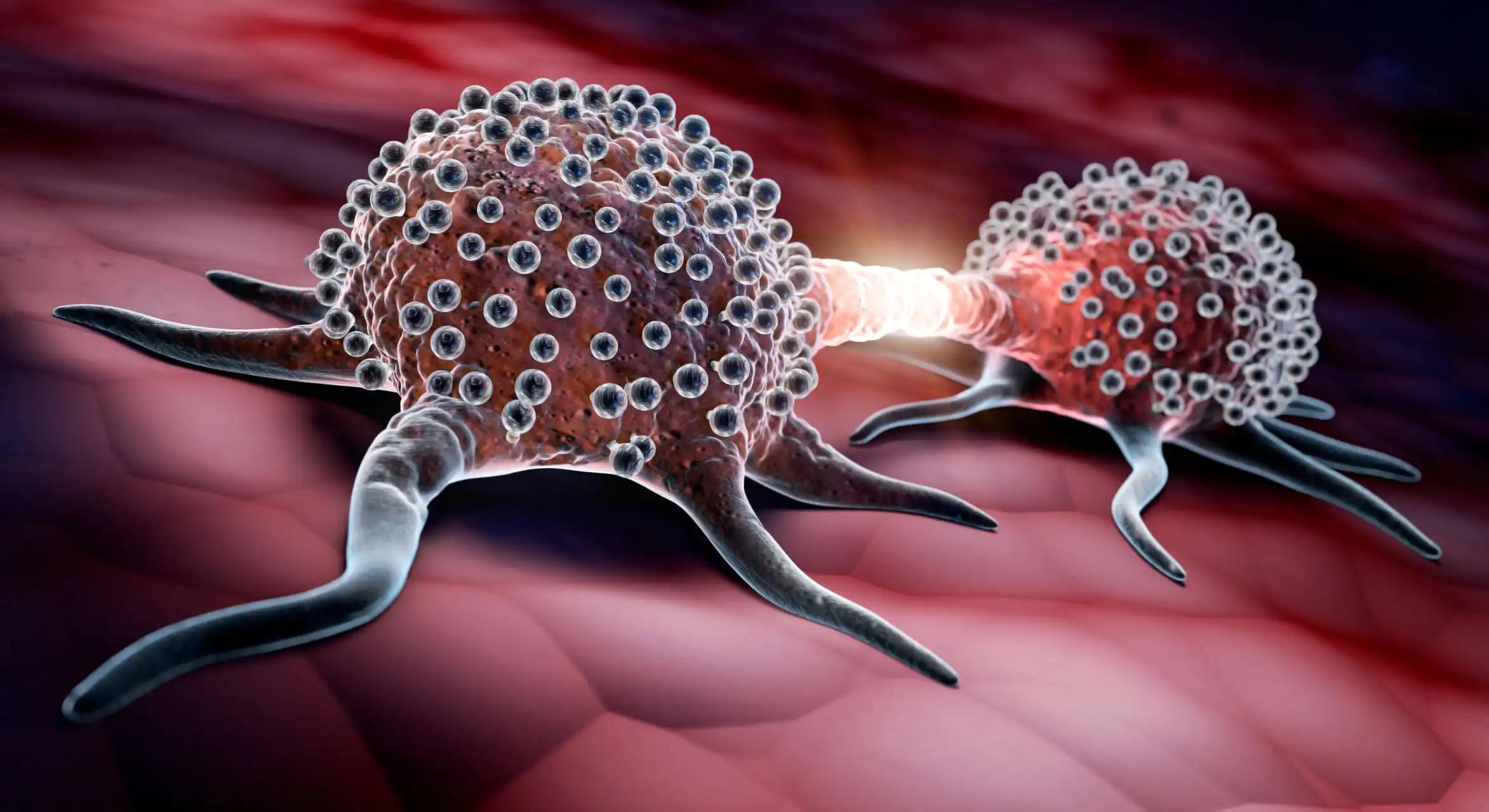KEY TAKEAWAYS
- This phase 2 study investigated the exposure-response analysis of venetoclax and a combination of carfilzomib and Kd in RRMM patients with t(11;14) biomarker.
- The exposure-response analysis confirmed the efficacy of adding venetoclax in 400-800 mg dosages to carfilzomib and dexamethasone.
Venetoclax, a pioneering selective BCL2 inhibitor, is approved for treating CLL and AML and is under investigation for other blood disorders, including multiple myeloma (MM). In this study, researchers aimed to understand how venetoclax interacts with carfilzomib and dexamethasone (Kd) in treating relapsed/refractory MM patients (pts) with the t(11;14) biomarker.
The analysis involved 55 participants, 37 receiving the VenKd combination and 18 in the control group with Kd alone. A population pharmacokinetic model was established. Individual venetoclax exposure levels were calculated using empirical Bayes estimates for each subject (average area under the concentration-time curve to the event [AUCavg] and steady-state AUC [AUCss]).
Various statistical models, including quartile plots and logistic regression, were applied to interpret the relationship between venetoclax exposure, efficacy, and safety. Efficacy was determined through metrics such as overall response rate (ORR), very good partial response or better (≥VGPR), and complete response or better (≥CR). Safety evaluations included incidence of Grade ≥3 neutropenia, Grade ≥3 infections, Grade ≥3 treatment-emergent adverse events, and any grade of serious treatment-emergent adverse events.
Adding venetoclax to Kd improved efficacy metrics such as OR, ≥VGPR, and ≥CR rates. In the VenKd arm, a level exposure-response curve was seen for all efficacy indicators (ORR, ≥VGPR, and ≥CR), indicating that the drug’s effectiveness had plateaued and that greater venetoclax exposures didn’t offer additional efficacy over lesser exposures within the 400-800 mg dose range. While 400 mg and 800 mg venetoclax dosages were generally well-tolerated, increased exposure levels (found at the 800 mg dose) were correlated with higher occurrences of Grade ≥3 neutropenia. However, these higher exposure levels were not linked to increased rates of Grade ≥3 infections, Grade ≥3 treatment-emergent adverse events, or serious treatment-emergent adverse events of any grade. The study is ongoing, and more comprehensive data may be presented later.
The exposure-response analysis validated the efficacy of adding venetoclax in 400-800 mg dosages to carfilzomib and dexamethasone. This supported the ongoing assessment of the VenKd combination specifically in t(11;14)-positive relapsed/refractory MM pts.
Clinical Trial: https://classic.clinicaltrials.gov/ct2/show/NCT02899052
Badawi, M. Exposure-Response Analysis of Venetoclax in Combination with Carfilzomib and Dexamethasone in t(11; 14)-Positive Relapsed/Refractory Multiple Myeloma Patients.



